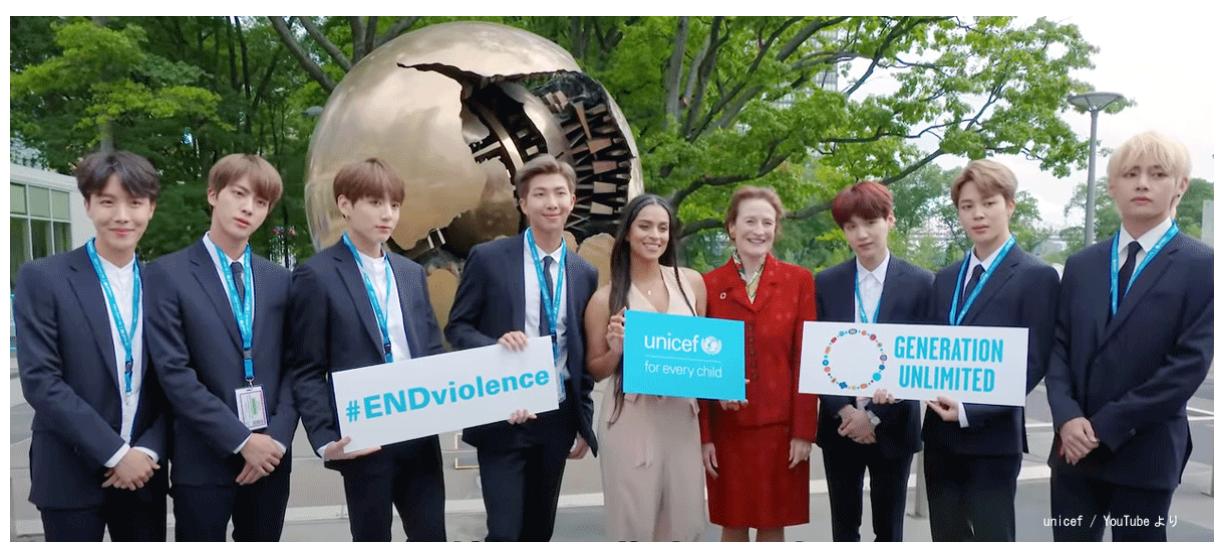The K-pop Diplomacy
Among all the political jargon, diplomacy is a really interesting subject in this power strategy, and K-pop did it really well. They are the diplomatic stars.
For those who are not familiar with what diplomacy is
It is an effort by nations to achieve their objectives through influencing international relationships. As the world evolves, so does diplomacy, becoming increasingly complex and creative. To better understand and study this complexity, diplomacy has been divided into two primary categories based on its characteristics and features, soft diplomacy and hard diplomacy.
Soft diplomacy relies on co-optation rather than coercion. It aims to shape the preferences of others through appeal and attraction, using cultural, political values, and foreign policies to bring about change without direct force. This non-coercive approach is rooted in the ability to influence through cultural integration and persuasive strategies.
Conversely, hard power, a stark contrast to soft power, involves using military and economic means to directly influence the behaviour or interests of other political bodies. This power is typically aggressive and most effective when exerted by a stronger political entity over a weaker one.
Diplomacy today encompasses a variety of forms, each evolving and adapting based on strategic advancements
and contextual changes. Some notable types include:
- Cultural Diplomacy - Leveraging cultural interactions to influence international relations.
- Dollar Diplomacy - Using a country's financial power to extend its international influence.
- Atomic Diplomacy - The use of nuclear threats to achieve diplomatic goals.
- Economic Diplomacy - Managing trade and economic policies to enhance international relations.
- Gunboat Diplomacy - The use of military threats to achieve diplomatic objectives.
- Digital Diplomacy - Utilising digital communication technologies to conduct international relations.
Among these, cultural diplomacy stands out as my personal favourite and arguably the most powerful strategy. Its subtlety is such that individuals often become engaged without even realising it, naturally leading to other diplomatic approaches. With the advent of social media and increased global connectivity, soft diplomacy types like cultural diplomacy are becoming more widespread than their hard diplomacy counterparts, reshaping how nations interact on the global stage.
Believe it or not, K-pop is a diplomatic strategy It's true; the South Korean government's well-planned, long-term strategy has made a significant global impact. BTS, which debuted in 2013, has influenced everything from music to fashion to global politics. For instance, in 2018, BTS and UNICEF launched the "Generation Unlimited" campaign at the United Nations General Assembly, urging global leaders to consider the perspectives of 1.8 million young people worldwide.

The strategic use of K-pop as a diplomatic tool dates back to earlier governmental initiatives. In 2001, President Kim Dae-Jung described the Korean Wave, aka Hallyu, as a "chimney-less industry," highlighting its role in economic development with minimal resource investment. His successor, President Roh Moo-hyun, aimed to position Korea among the "top five global content powers by 2010", a vision supported by the founding of the Korea Creative Content Agency in 2009.
Hallyu, which includes Korean TV shows, music, fashion, and more, significantly boosted the South Korean economy following the 1997 Asian Financial Crisis. By 2019, the Korean Foundation for International Cultural Exchange reported that Hallyu exports had reached $6.4 billion. In the same year, BTS alone contributed $4.65 billion to South Korea's GDP, with their hit single 'Dynamite' generating $1.43 billion in revenue and potentially creating nearly 8,000 jobs.
Tourism also saw a notable impact, with 800,000 visitors in 2017, or 8% of all tourists to South Korea, motivated by BTS. The band's influence extended into education, with Big Hit Entertainment and Hankuk University of Foreign Studies producing language textbooks featuring BTS to encourage global fans to learn Korean. These textbooks were incorporated into language classes sponsored by the Korea Foundation in universities across four countries.
In 2021, the significance of BTS's cultural impact was formally recognized when South Korean President Moon Jae-in appointed them as "special presidential envoys for future generations and culture." Following their appointment, BTS received diplomatic passports and participated in key international engagements, including the 76th session of the United Nations General Assembly. Their involvement underscored the theme of building resilience and addressing global challenges like poverty, hunger, and climate change.
This strategic deployment of pop culture exemplifies the potential of soft power to foster an economy that is not only resilient but also capable of influencing global dynamics through cultural appeal. This is a good approach for countries like Sri Lanka to relook at diplomacy and power dynamics and shape international relationships creatively.
Rtr. Senali Wijesooriya
Charter Club Secretary (23/24)
Resources
-
News, A.B.C. (2021). South Korean President appoints BTS as special envoys before their visit to the UN. ABC News.
-
editor (2022). James Dean and Jung Kook - Vasudha Sharma. Reflections Magazine.
-
www.unicef.org. (n.d.). Generation Unlimited: BTS speak to world’s youth. UNICEF.